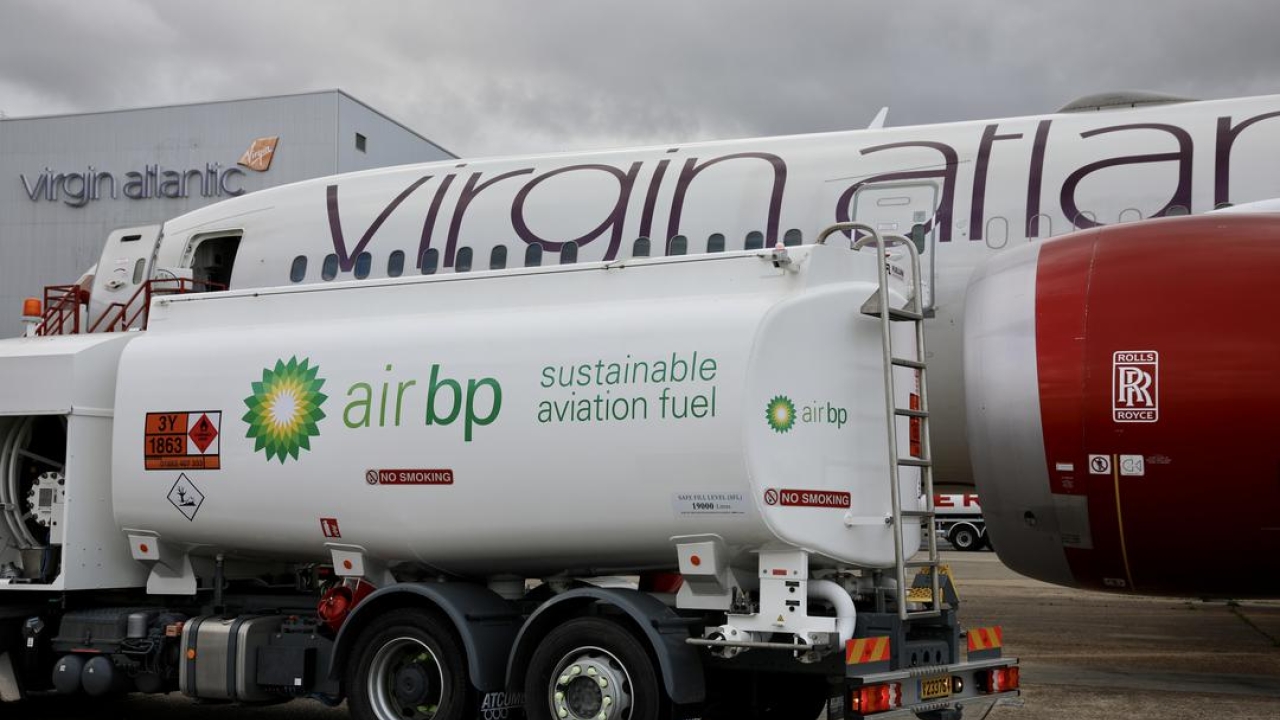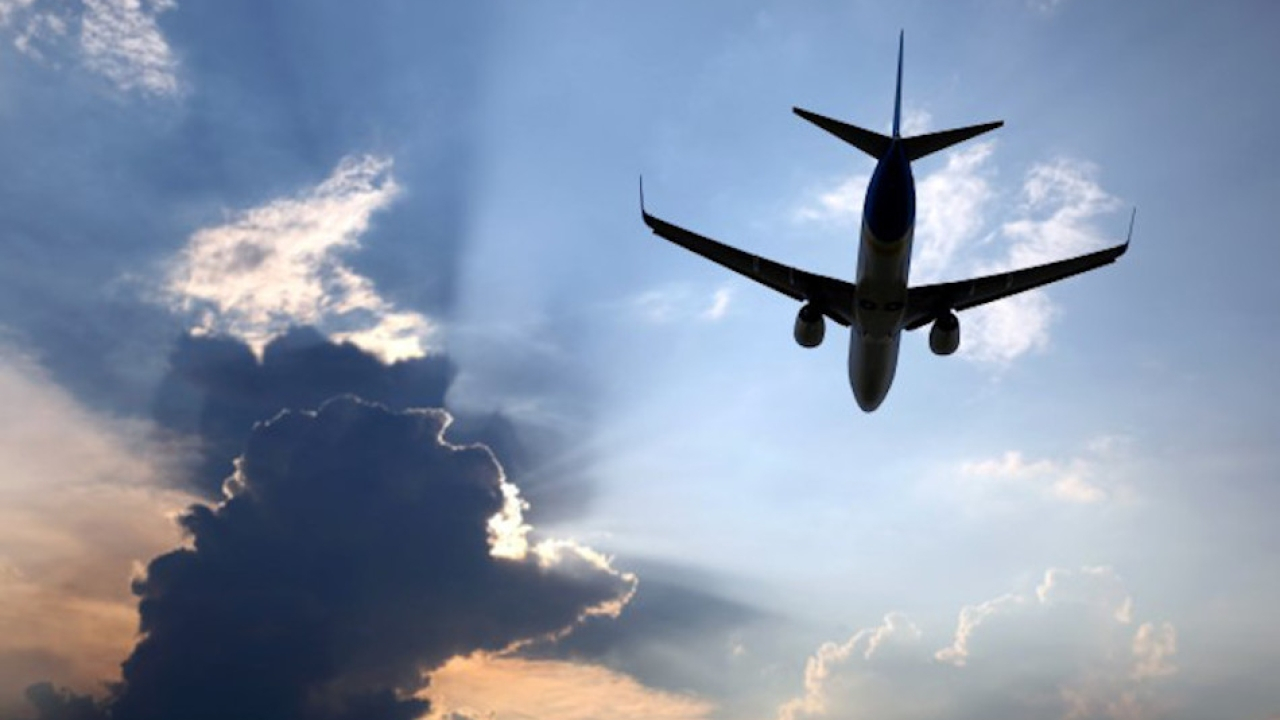Virgin Atlantic 100% SAF flight powered by Rolls-Royce Trent 1000 engines
Rolls-Royce announced this week that a Virgin Atlantic flight flew on 100% Sustainable Aviation Fuel (SAF) London Heathrow to New York.

Image: Virgin Atlantic/Rolls-Royce
Flown on a Boeing 787, using Rolls-Royce Trent 1000 engines, the flight marks a world first on 100% SAF by a commercial airline across the Atlantic. The milestone flight was made possible by a Virgin Atlantic-led consortium, including Boeing, Rolls-Royce, Imperial College London, University of Sheffield, ICF and Rocky Mountain Institute, in partnership with Department for Transport.
SAF has a significant role to play in the decarbonisation of long haul aviation, and pathway to Net Zero 2050.
While other technologies such as electric and hydrogen remain decades away, SAF can be used now. Today, SAF represents less than 0.1% of global jet fuel volumes and fuel standards allow for just a 50% SAF blend in commercial jet engines. Flight100 will prove that the challenge of scaling up production is one of policy and investment, and industry and government must move quickly to create a thriving UK SAF industry.
As well as proving the capabilities of SAF, Flight100 will assess how its use affects the flight’s non-carbon emissions with the support of consortium partners ICF, Rocky Mountain Institute (RMI), Imperial College London and University of Sheffield. The research will improve scientific understanding of the effects of SAF on contrails and particulates and help to implement contrail forecasts in the flight planning process. Data and research will be shared with industry, and Virgin Atlantic will continue its involvement with contrail work through RMI’s Climate Impact Task Force, which is part-funded by Virgin Unite.
The SAF used on Flight100 is a unique dual blend; 88% HEFA (Hydroprocessed Esters and Fatty Acids) supplied by AirBP and 12% SAK (Synthetic Aromatic Kerosene) supplied by Virent, a subsidiary of Marathon Petroleum Corporation. The HEFA is made from waste fats while the SAK is made from plant sugars, with the remainder of plant proteins, oil and fibres continuing into the food chain. SAK is needed in 100% SAF blends to give the fuel the required aromatics for engine function. To achieve Net Zero 2050, the innovation and investment needed across all available feedstocks and technologies must be harnessed to maximise SAF volumes as well as continuing the research and development needed to bring new zero emission aircraft to market.
Rolls-Royce recently announced that it has proved all its in-production civil aero engine types are compatible with 100% SAF. This fulfils a commitment, made in 2021, to demonstrate there are no engine technology barriers to the use of 100% SAF.
Simon Burr, group director of engineering, technology & safety, Rolls-Royce, said: “We are incredibly proud that our Trent 1000 engines are powering the first ever widebody flight using 100% Sustainable Aviation Fuel across the Atlantic today. Rolls-Royce has recently completed compatibility testing of 100% SAF on all our in-production civil aero engine types and this is further proof that there are no engine technology barriers to the use of 100% SAF. The flight represents a major milestone for the entire aviation industry in its journey towards net zero carbon emissions.”
Sheila Remes, vice president of environmental sustainability, Boeing, said: “In 2008 Virgin Atlantic and Boeing completed the first commercial SAF test flight on a 747 and today we will accomplish yet another significant milestone utilising a 787 Dreamliner. This flight is a key step toward our commitment to deliver 100% SAF-compatible airplanes by 2030. As we work toward the civil aviation industry’s net-zero goal, today’s historic journey highlights what we can achieve together.”
Stay up to date
Subscribe to the free Times Aerospace newsletter and receive the latest content every week. We'll never share your email address.

